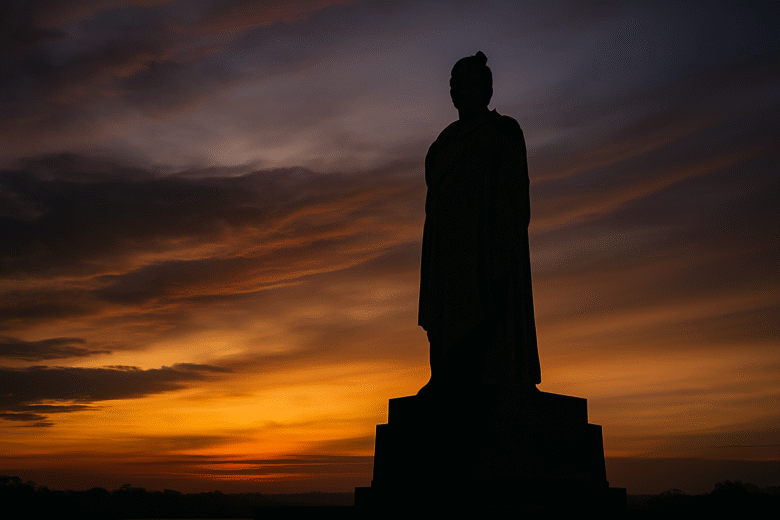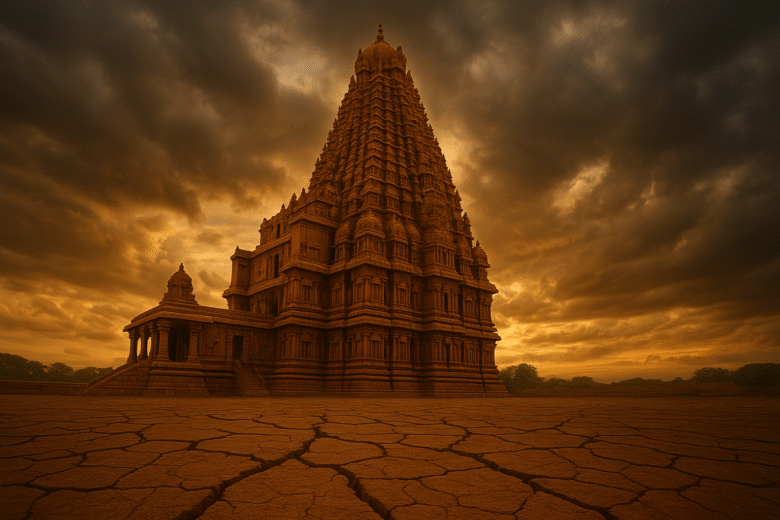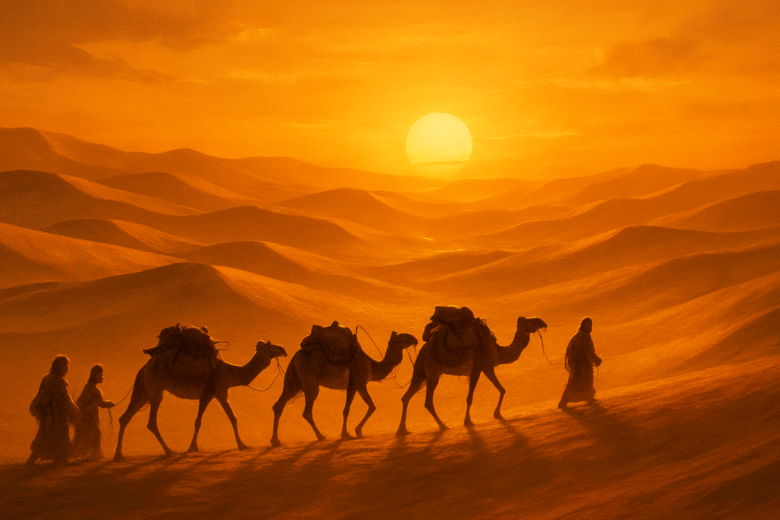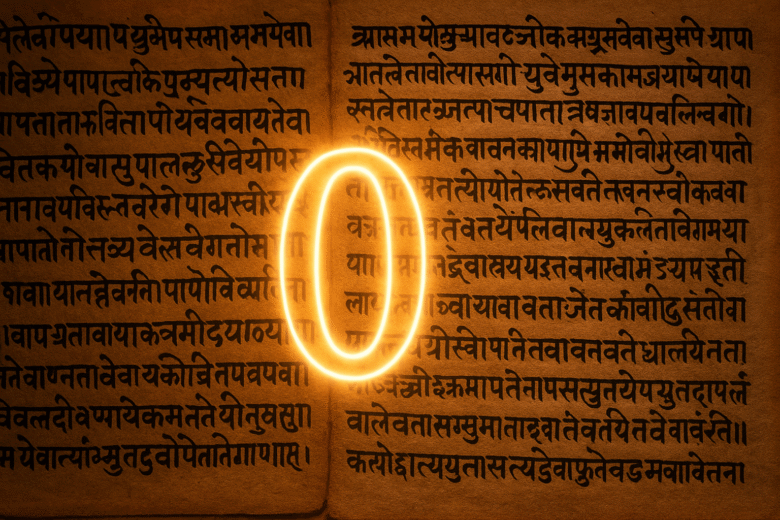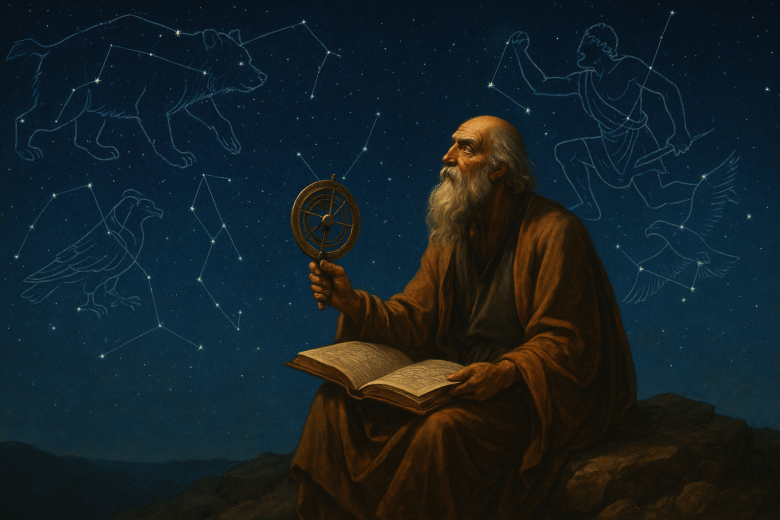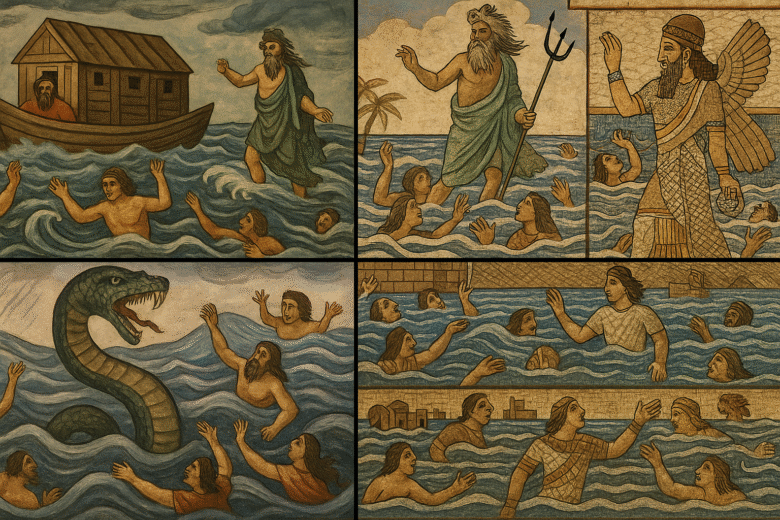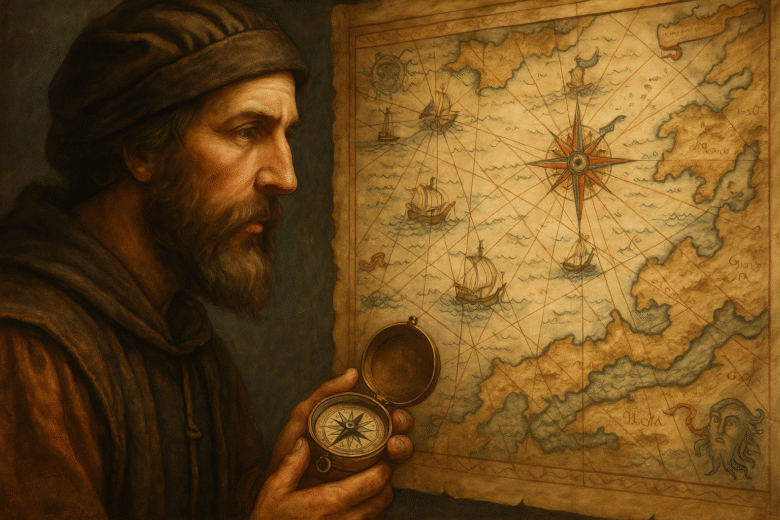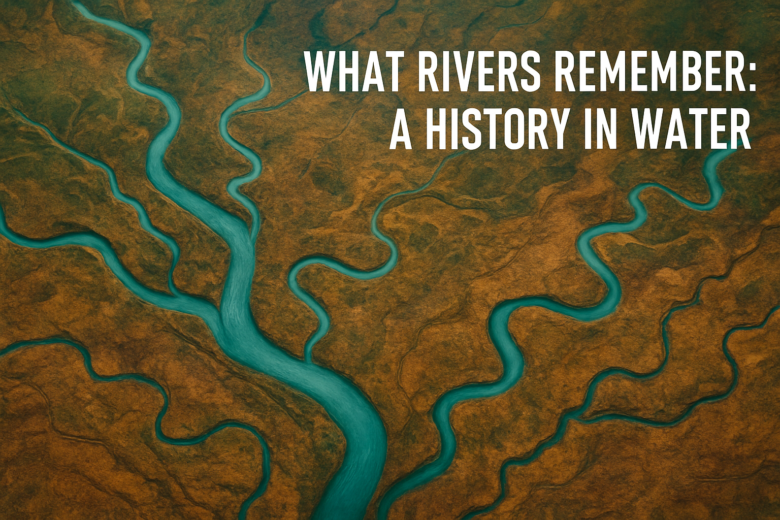Fun fact: one of the world’s oldest known monuments, Göbekli Tepe in present-day Turkey, was built around 11,000 years ago — long before agriculture, cities, or writing. We’ve been building monuments almost from the moment we gathered in groups. Why? Because building is more than creating. In asking Why Do We Build Monuments? we dig …
Fun fact: The Brihadeeswarar Temple in Tamil Nadu, built over 1000 years ago, has withstood six recorded earthquakes—without a single crack. In an age where high-rises sway and collapse under tremors despite modern materials and technology, ancient Indian temples—built with neither steel nor concrete—stand tall and calm. Earthquake after earthquake, some of these stone giants …
Fun Fact: Before the invention of time zones, every town ran on its own local time—meaning noon in Mumbai could be different from noon in Pune. Imagine missing your train not because you were late, but because your clock disagreed with the station master’s. That was daily reality in the 19th century, when time was …
Fun Fact: The first “global” pandemic—the Plague of Justinian—may have hitchhiked its way to Europe through the Silk Road, hidden in the fur of rats aboard caravans. When we think of ancient trade routes, we often imagine camels trudging through deserts loaded with silk, gold, and spices. But trade routes like the Silk Road or …
Fun Fact: The French Revolution introduced a brand-new calendar system that tried to remove all religious influence—including replacing Sunday with a 10-day week! Think a calendar is just a tool to check what day it is? Think again. Behind those neat grids of numbers lies a story of power, belief, rebellion, empire, and sometimes even …
Fun fact: The symbol for zero (“0”) and the concept of using it as a number were first clearly recorded in India—over 1,500 years ago. Zero is everywhere and nowhere. It’s on your calculator, your bank balance, your phone number, and your school exam results. Without zero, we wouldn’t have binary code. Without binary code, …
Fun fact: Ancient Babylonians predicted lunar eclipses with precision—more than 2,500 years before the invention of the telescope. Imagine trying to map the heavens with nothing but your eyes, a few sticks, and unwavering patience. No telescope. No clock. No calculator. Just intuition, observation, and a deep, almost spiritual, relationship with the sky. Yet, somehow, …
Fun fact: Nearly every major ancient civilization—from Mesopotamia to Mesoamerica—has its own version of a catastrophic flood story. It’s strange when you think about it. Civilizations separated by continents and centuries—Sumerians, Hindus, Greeks, Norse, Chinese, Mayans—all tell eerily similar stories of a great flood that wiped out the world, often sparing only a chosen few. …
Fun fact: The earliest compasses were made of lodestone, a naturally magnetized rock, and were used not for navigation—but for divination in ancient China! Picture this: You’re lost in a dense forest with no GPS (Global Positioning System), no phone signal, and the sun is hidden behind thick clouds. You reach into your backpack and …
Fun Fact: The earliest known cities—including Mohenjo-Daro, Uruk, and Memphis—were all built next to rivers that still flow today. We think of rivers as passive forces—things we dam, drain, or divert. But what if rivers remember? What if every meander, flood, and dry bed carries a story of us—our triumphs, collapses, migrations, and mistakes? “What …

